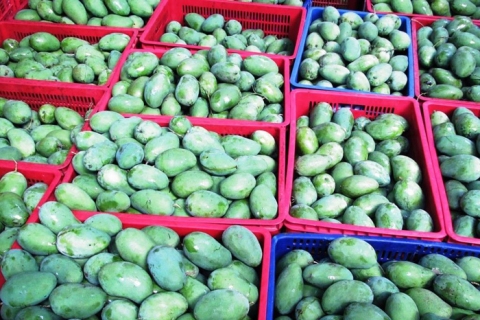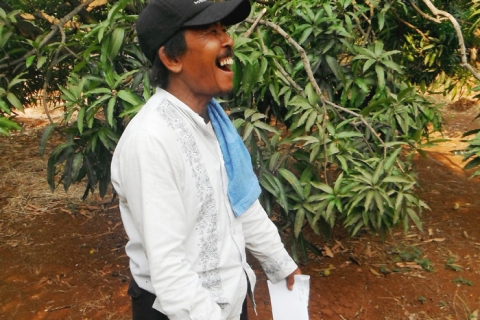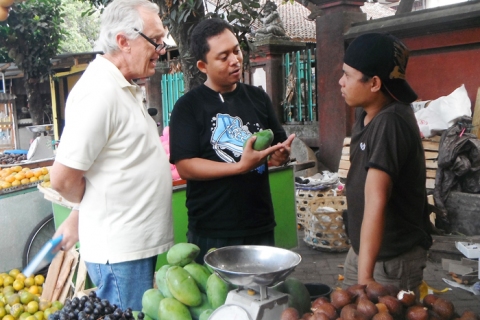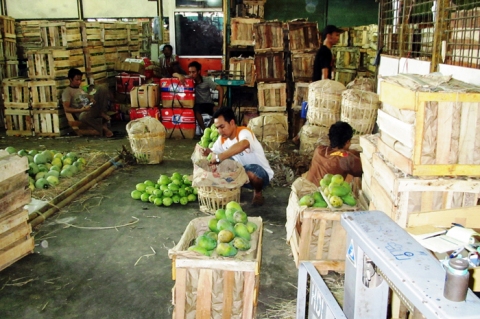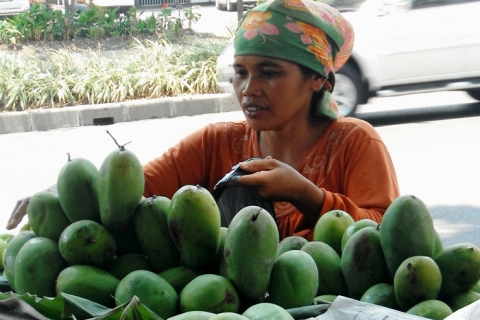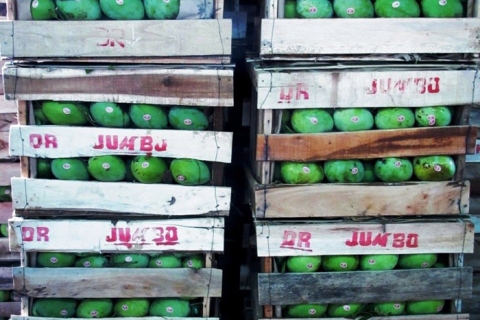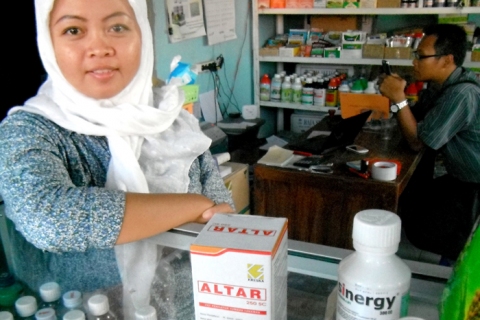Mango was ranked second in the prioritisation of value chains conducted at the commencement of the EI-ADO project.
The study focuses on mango production in NTB and EJ. It encompasses multiple issues deemed important for an understanding of the structure of the various mango value chains (within study provinces), their conduct and performance, as well as their potential as a vehicle for poverty reduction. Emphasis is given to the constraints faced by farmers and other chain actors, and the opportunities available to them, in the wider context of the mango sub-sector and its position in international trade.
Recommended interventions
- Early-season cultivation for increasing the incomes of mango growers.
- Enabling export development to drive improvements in farm productivity and profitability and generate on- and off-farm employment.
- Upstream development of export and other quality chains to deliver significant income benefits to mango growers through higher yields and prices, while also generating on-farm employment opportunities.
- Processing to help address the main issue of concern to value chain actors, i.e. depressed prices during the main season, while also generating employment opportunities, especially for women.

